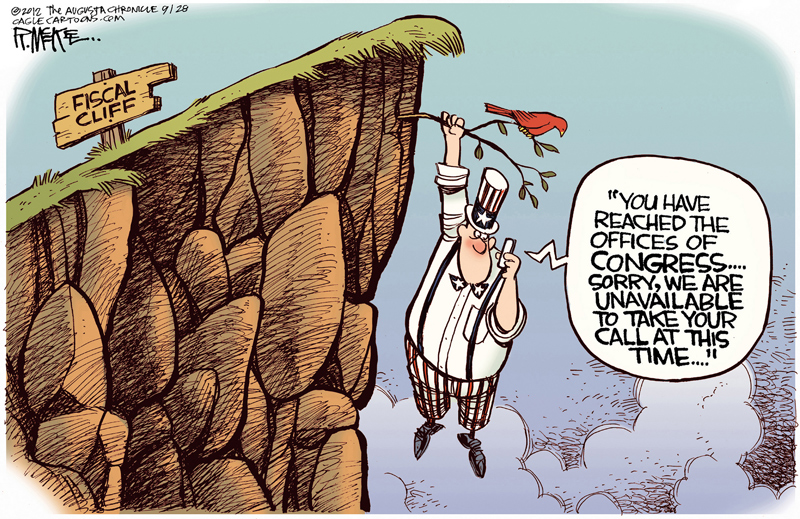It’s no question that we live in an age of economic anxiety, but new research tells us what group is feeling its age the most.
According to polling done by AARP, the people most worried about meeting their economic goals are people between the age of 50 and 65, the baby boom cohort on the verge of the traditional age of retirement.
It’s easy to see why, considering the economic events of the last five years.
The people in this group were in mid-career when home values collapsed during the recession. They also may have lost their pensions and health insurance and even their jobs at the same time.
Retirement accounts suffered in a stock market crash, and many people who had them were forced to cash them in to meet current financial responsibilities when the stock prices were down. One-third of this age group is heading into retirement with no savings at all.
So, at a time in their lives when people expect to face increased health care expenses, they have fewer resources to draw on as their working lives draw to an end.
No wonder less than half of boomers expect that they will ever be able to retire. No wonder they are anxious.
This is the background for what will be a massive debate about reforming the major entitlement programs, Social Security and Medicare, which is likely to dominate Washington next year.
The programs are targeted by budget hawks in both parties who claim that trimming benefits or pushing back eligibility ages are necessary to save them for future generations.
There probably will not be enough time after the election for a lame-duck Congress to make a permanent fix for the fiscal cliff — the mandatory tax increases and spending cuts created by the 2011 debt ceiling debacle.
Expect Congress, if it can do anything at all, to punt the real work to the next session.
When so many people rely so heavily on these core programs, this is not just some academic budget exercise, and the debate should focus on people, not just numbers.
For a long time, it has been the height of political sophistication to talk about entitlement reform as a necessary element of deficit reduction. When that means cutting services to people who are going to need them, however, that should be made explicit.
Increasing the age of eligibility for future retirees might seem like an easy fix to current seniors or young people (who have already been convinced that the programs will not be there for them anyway). For aging workers who are just hanging on to a job, however, it could mean a collapse into poverty or even a premature death.
The AARP research shows a broad consensus across all age groups and political stripes that these programs are not handouts. People feel that they have paid into them to support current elders, and they have a right to draw those benefits when they are older, too.
The goals should be fixing the programs so they not only take care of the seniors of today, but also ease the anxiety of the next group to come along.
Of the two, the need to fix Social Security is the least pressing. With no changes, it is solvent until 2033, and minor fixes could extend that date without drastically altering the lifestyles of future recipients.
Medicare does require some help, but the changes should not be made using the usual budget math.
It’s not just a question of raising taxes or cutting benefits. A third lever can and should be employed, and that’s reducing the cost of health care.
Changes in the way that doctors bill for services already are stemming the steady rise of health care inflation, and they are the kind of programs, not extending the eligibility age or cutting benefits, that should be how Medicare is should be rescued from insolvency.
After all, we don’t need to use our imaginations to picture what life would be like without these programs. We just need to look at how things were in the United States before Social Security and Medicare, when people who didn’t have a private pension or savings couldn’t afford a place to live or food to eat if they didn’t have a relative to support them. Or a time when retirees who could not afford medical care would just go with out.
We traded that financial insecurity for a system by which current workers help support their elders, knowing that the same support will be there for them when they need it.
Committing to keeping that security alive will go along way to reducing people’s anxiety.
Send questions/comments to the editors.



Success. Please wait for the page to reload. If the page does not reload within 5 seconds, please refresh the page.
Enter your email and password to access comments.
Hi, to comment on stories you must . This profile is in addition to your subscription and website login.
Already have a commenting profile? .
Invalid username/password.
Please check your email to confirm and complete your registration.
Only subscribers are eligible to post comments. Please subscribe or login first for digital access. Here’s why.
Use the form below to reset your password. When you've submitted your account email, we will send an email with a reset code.